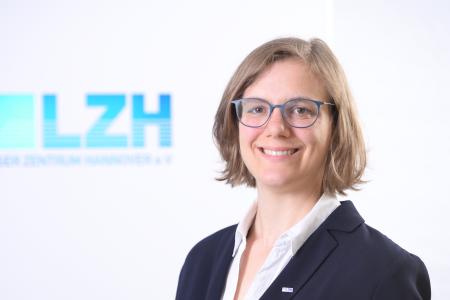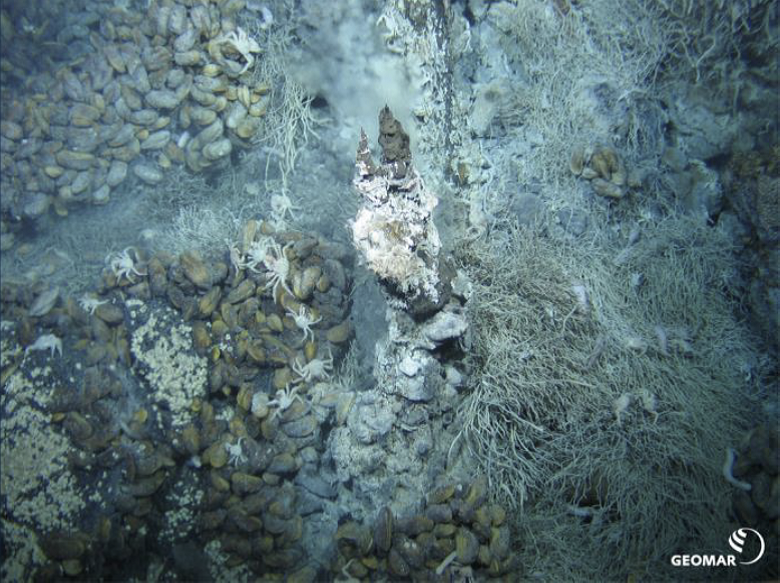Locating natural resources in the deep sea – easily and eco-friendly
Locating natural resources at the sea ground so far involves high costs. To reduce these, the Laser Development and Material and Processes departments at the LZH, together with eight European partners, work on developing a laser-based, autonomous system until 2020. This system shall detect soil samples, such as manganese nodules, and analyze the material composition of the specimen directly on the deep sea ground.
With this reliable and cost-efficient system, mineral and raw material contents of large areas shall be mapped in the future. Besides reduced costs, this technology allows for less impact to the environment.
Combining AUV and LIBS
Two technologies are combined to achieve this: an autonomous underwater vehicle (AUV) for the 3D mapping of the sea ground is equipped with a laser-based element-analyzing capability. This unit makes it possible to analyze soil samples by laser-induced plasma spectroscopy (LIBS). Here, a compact, autonomous system is needed that is, in addition, robust enough to withstand the pressure in the deep sea.
Knowledge from aerospace for the deep sea
Both the Laser Development and the Materials and Processes Department of the LZH are using knowledge from the ExoMARS project to develop the system. For the space mission, a small, ultralight laser system was developed that shall enable LIBS-based analyses on the Mars. For the use in the deep sea, the weight of the laser system is less important. However, here too a very compact system with a high pulse energy is demanded.
The system is being jointly developed by scientists from the LZH and neoLASE GmbH, an LZH spin-off company. The employees of this company contribute their expertise for the electronics and control of the laser system. The other partners add the necessary competencies in the fields of oceanography, 3D cartography and biogeochemistry.
The „ROBotic sUbSea exploration Technologies - ROBUST“ project is coordinated by The Welding Institute (TWI Ltd.) in Great Britain. Besides the LZH and neoLASE GmbH, the following partners are involved: CGG Veritas Consultants Ltd. (France), ALS Marine Consultants Ltd. (Cyprus), GEOMAR Helmholtz Centre for Ocean Research (Germany), Graal Tech S.r.l. (Italy), Università Degli Studi Di Genova (Italy), Coronis Computing S.L. (Spain).
The project "Robotic Subsea Exploration Technologies - ROBUST" (grant number: 690416) is funded by the European Union within the framework of the program "Horizon 2020".
At the Hannover Messe, the LZH is presenting current research results on underwater laser cutting. This process too is being developed by the scientists of the Machines and Controls Group in the Materials and Processes Department of the LZH. Visit us at the Pavilion of the State of Lower Saxony in hall 2, stand A08!

